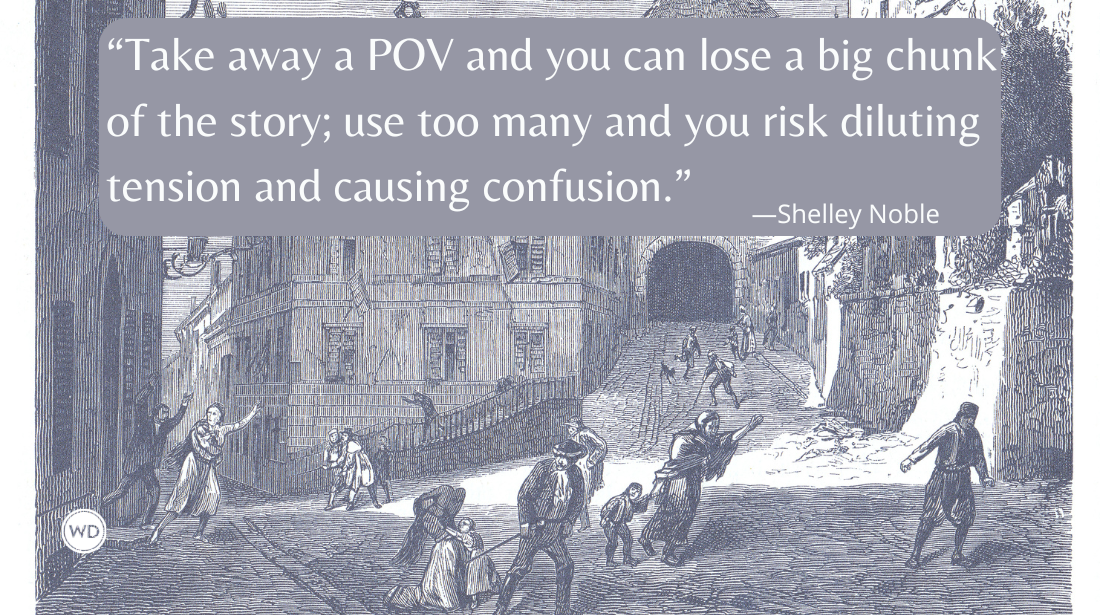Why I Write Mysteries
Mystery writer Nev March shares how she found herself writing historical mysteries and what she hopes readers will get from her storytelling.
I grew up reading the tales of Sherlock Holmes, or rather being read to. While my older brother, younger sister, and I stretched out on the bed around our mum, she wove through The Red-headed League, The Hound of the Baskervilles, and ooooh, The Speckled Band. Those long sentences, filled with inimitable clauses, those exacting lines of description, we ate it all up. I was not quite ten years old, those summer holidays in Poona.
Then I discovered Earle Stanley Gardiner, and gosh, what a lot of trouble it caused. Considered un-ladylike, my parents worried about a girl reading criminal cases but they allowed it. I came late to Agatha Christie but once discovered, every last book she’d penned was read, some many times over.
We could not afford to buy these, mind, nor to house more than a handful in our little flat in Mumbai, so we joined what were called "circulating libraries," and carried ten books home every few days. "Really?" you say. Yeah, really. When we were not doing homework, we read. We finished one book and started another within minutes. On our walks, we talked about books. When Mum needed help serving dinner, we were, you got it, reading. We had endless trouble getting up for school because, well, you know.
When we finished all the books in one circulating library, yes, we were reading Mills and Boon by then—all the back copies, going back a decade or so—why then we moved to another circulating library and carted home more loads of books. We found Victoria Holt, and Jane Austin, and P. G. Wodehouse. Ah, such joy. I discovered Ed McBain then, and gosh, the chills!
I read M. M. Kaye’s The Far Pavillions straight through in one night, then showered and took a bus to college in the morning. No idea what classes I had that day. And I read Tolkien’s Lord of the Rings, and Kim by Rudyard Kipling, and James Clavell’s Shogun, and found dreamy Jason Bourne from Robert Ludlum’s The Bourne Identity.
So why do I write historical mysteries?
I like watching crime shows on TV, almost as much as I enjoyed Downtown Abbey. We enjoy British and American police procedurals, and anything historical, from the Frankenstein Chronicles to Gone with the Wind and everything in between. So it was no surprise to me when my first few (unpublished) works were historical fiction.
IndieBound | Bookshop | Amazon
[WD uses affiliate links.]
Then in 2017, I read of a century-old unsolved crime and simply could not stop thinking about it. Two wealthy young women, brides of just sixteen and twenty years old, had "fallen" to their deaths from the clock-tower of Bombay University in 1891. At four o’clock in the afternoon! In a busy university! They were Parsi Zoroastrians like me, and I began to doubt the prevalent theory that they’d committed suicide. What if they hadn’t? What exactly was going on in India at that time? The book that spilled out of me over four months took me by surprise. I didn’t really plan to write about the Sepoy Mutiny of 1857 or the way Anglo-Indians were treated, nor did I plan to describe the chill wind that comes down narrow passes and wafts over the smoking chula fires of little mountain villages. That just happened.
But why write it as a mystery? When I read John Creasey’s 1966 address in the 2020 Mystery Writers of America awards magazine, at last, I found the answer: I write to entertain—we are, after all, in the entertainment industry. But Creasey stated that “the time has come for crime writers to be recognized for what they are—high-toned moralists (though often skillfully disguised) who at their best write the morality plays of our age.” Ah, I thought, there it is. I want to entertain, to engage a reader so completely they forget what day of the week it is, or even where they are. But more than that, I want a story they will remember, will think about for years, and even—is this too ambitious?—one that will help them navigate the choices and emotions of their own lives.
So my novel Murder in Old Bombay is about how women are treated, even by good people; it’s about how hard it is to forgive oneself; it’s about longing, and belonging, it’s about discrimination, and the desperate need for my tiny community, the Zoroastrians to remake their social norms. It’s a love story and an action story where, if you listen carefully, you will hear the sound of rainwater dripping on wide leaves of canna and elephant ear, and crickets warning of a stranger’s approach, and the hot wind that brushes through your railway carriage. But most of all I hope, it’s the story that will haunt you.
Nev March is the winner of the Minotaur Books/Mystery Writers of America First Crime Novel Award. Leaving a long career in business analysis in 2015 she returned to her passion, writing fiction. She is a member of Mystery Writers of America and the Hunterdon County Library Write Group. A Parsee Zoroastrian herself, Nev lives with her husband and two sons in New Jersey. Murder in Old Bombay is her debut novel.









